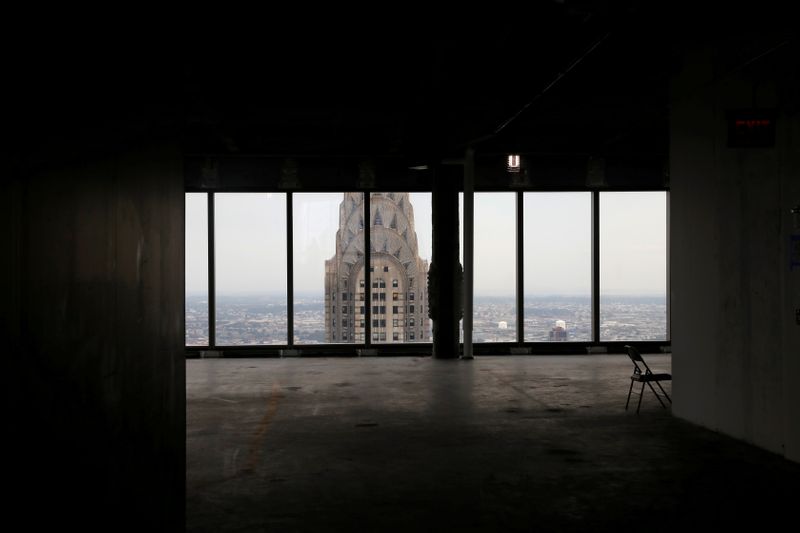By Cheryl Lu-Lien Tan
NEW YORK (Reuters) – Craig Walker, founder and CEO of cloud communication platform Dialpad, notes that “as a CEO of a startup, you’re always an optimist.”
Even amid a pandemic, Walker says there are many reasons for people to be optimistic about work in the not-too-distant future.
With companies and individuals working remotely en masse, Walker, 55, sees more opportunities for growth.
“It’s a wonderful time for entrepreneurship because you aren’t bound by a location or geography at all,” said Walker, whose San Francisco-based, privately held company provides cloud communications used by 70,000 companies internationally. “You can network just as well from anywhere and you can hire from anywhere. You no longer have to move to these super-expensive locations to get these jobs.”
Walker chatted with Reuters about remote work, artificial intelligence and entrepreneurship. Edited excerpts are below.
Q. How has your work life changed in this pandemic?
A. In my pre-pandemic life, I would leave the house by 7:15 in the morning. I wouldn’t get home until 7:30 at night, and I had an hour and a half of commuting in each direction.
Now, my 8:30 a.m.-to-5:30 p.m. day is much more scheduled and regimented, but by 6 p.m., I’m in my kitchen. I’m helping to cook. I’m hanging out with my wife.
In 18 years, I think I missed 90% of family dinners. Now I’m at 100% of them. I love it.
Q. What’s a piece of advice you often give?
A. There’s this great quote by Teddy Roosevelt – do what you can with what you have, when you have it. Don’t wait till everything is perfect to act, because it will never be perfect.
One of the biggest things that holds entrepreneurs or companies back is they try to plan everything and have a clear path of what’s going to happen before acting.
My advice is get started. Once you get started, you’re going to be bold and willing to take things on even when you don’t have the perfect information from the start. You’ve just got to make progress.
Q. How is artificial intelligence (AI) transforming the workplace right now?
A. We acquired an AI company two-and-a-half years ago, and the whole idea behind it is that your business conferencing system has to be more than just about connecting to people.
So let’s say a user is on a call and someone asks them a question. AI can suggest the answer. You’re really helping people to have better conversations.
That’s the future – not to displace people but to make them smarter. Spoken conversations with your customers are gold and you want to improve on them. AI allows you to do that.
Q. What changes did you make to your home after you started working there?
A. I have a home office, but it has these glass windows and the sun just pounds in all day long. If you’re on video calls, it’s either blinding you or putting you in the shade.
I invested in automatic shades and blinds, which was pretty expensive. And then I really wanted to attack the setup – digital camera, Elgato front lights, Philips Hue backlighting, big Yeti podcast-type of microphone.
I probably spent $12,000 in getting the home office exactly right, but even when we go back to the office after COVID, I’m probably going to be working from home 75% to 80% of the time, so that’s a good investment.
Q. What are offices going to look like post-COVID?
A. Getting together is hugely important because you need to socialize, you need to bond and be creative. But the idea of people going to an office and sitting there all day, every day, with their laptops and then going home, that’s going to be a thing of the past.
We’ll be thinking of offices more as clubhouses. If one day a week the marketing team needs it to get together for a social thing, that’s great and that’s when they can use the clubhouse.
Q. What’s the first place you want to visit when we can all travel freely again?
A. We’ve hired 250 people since the pandemic started, and I’ve never met any of them.
We just put a team of people in Australia and I’ve never been there, so I’d like to go there and then visit every Dialpad office coming back – to go from Australia to Tokyo to India to North Carolina and Canada and then come back home.
(Reporting by Cheryl Lu-Lien Tan; Editing by Lauren Young and Matthew Lewis)





